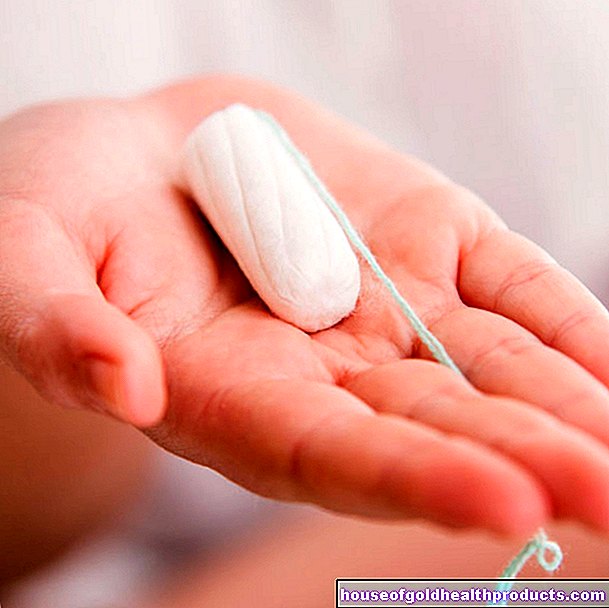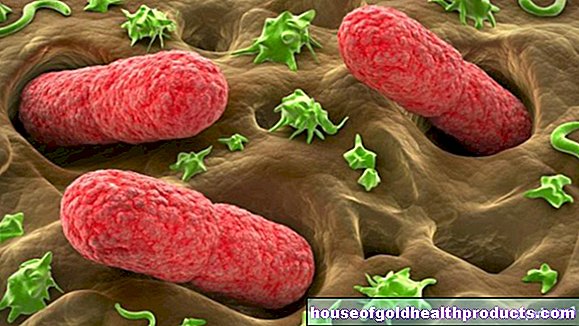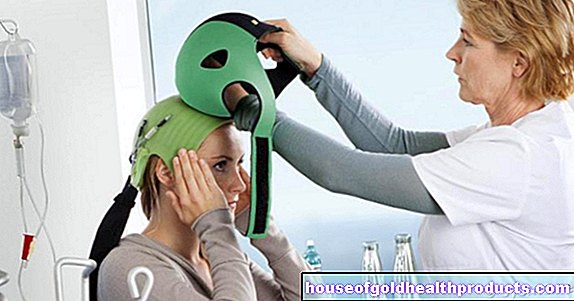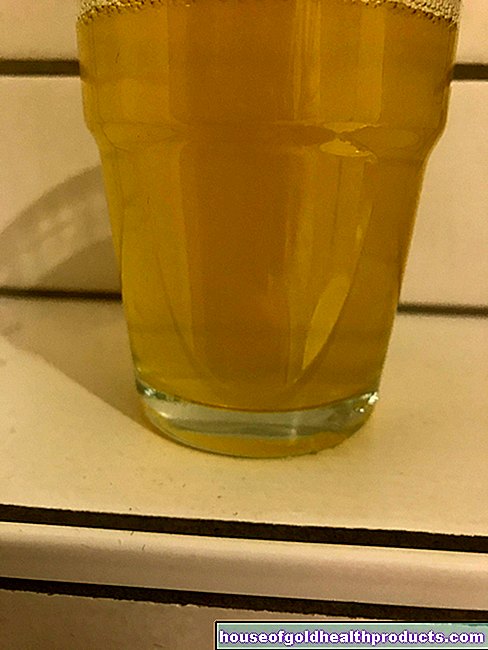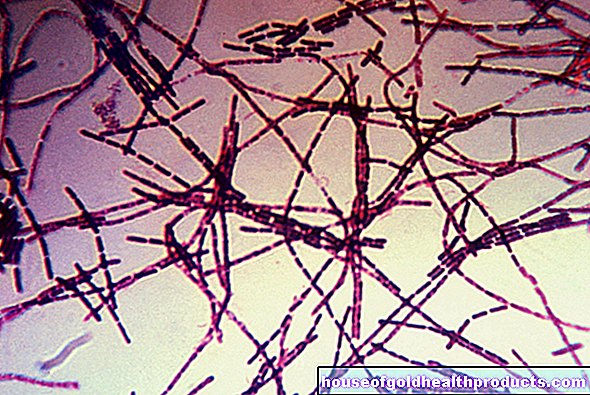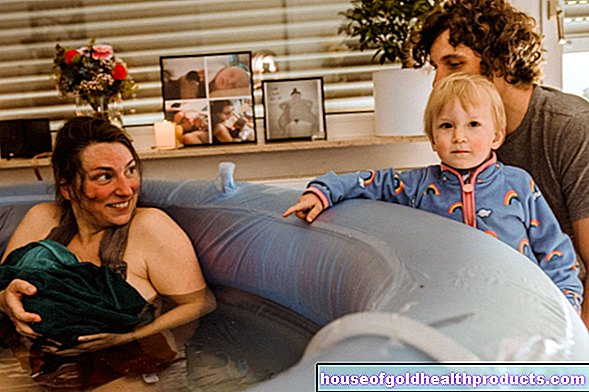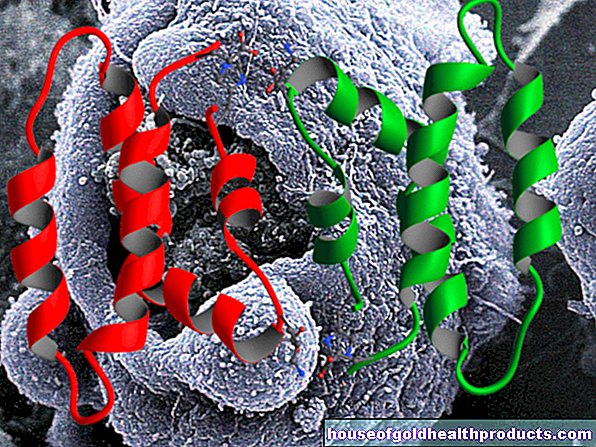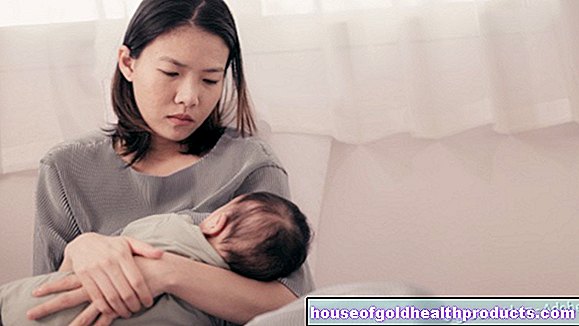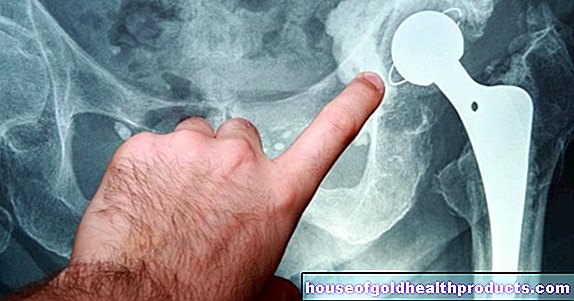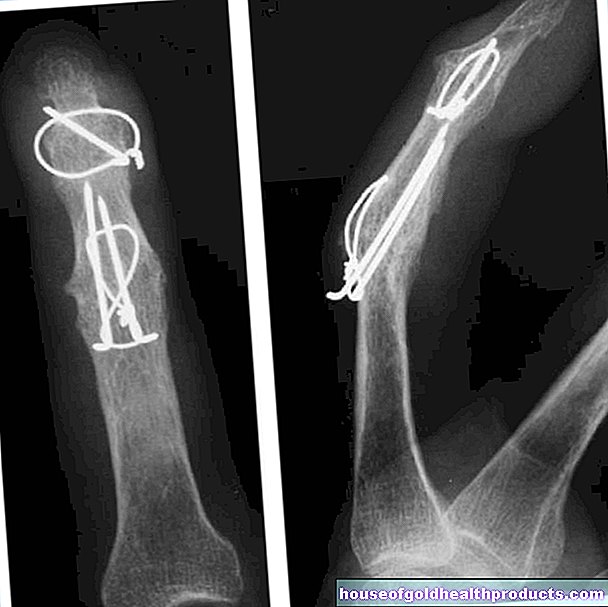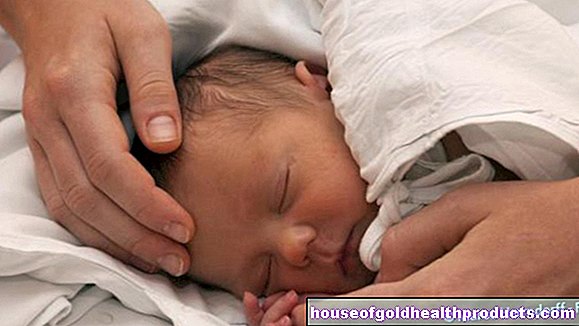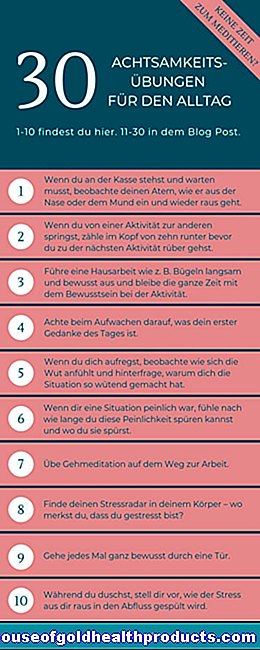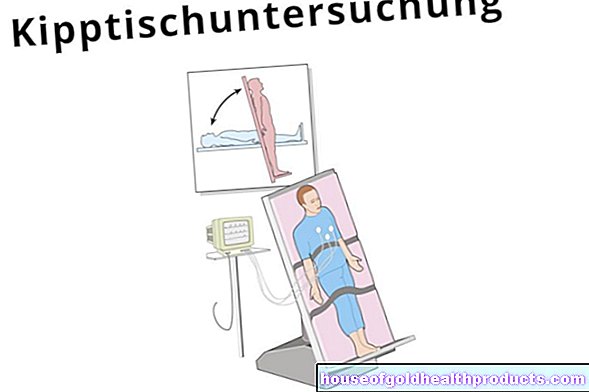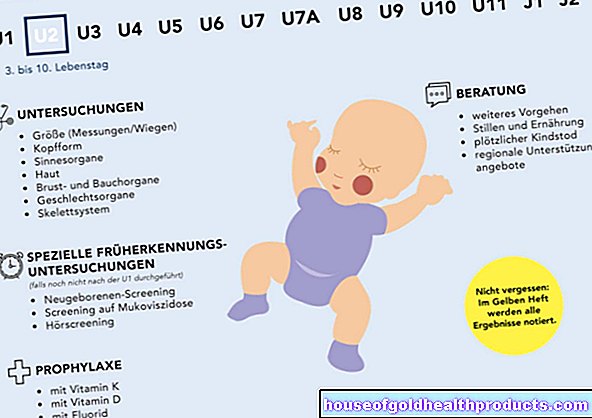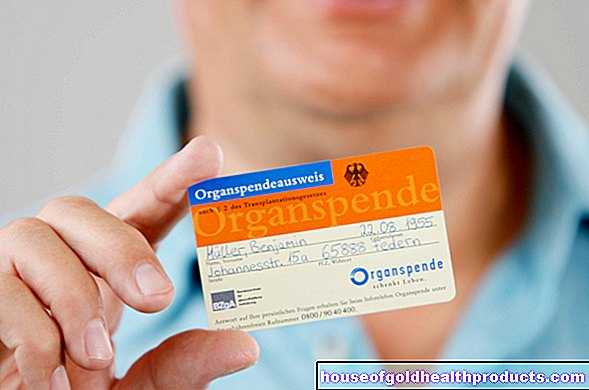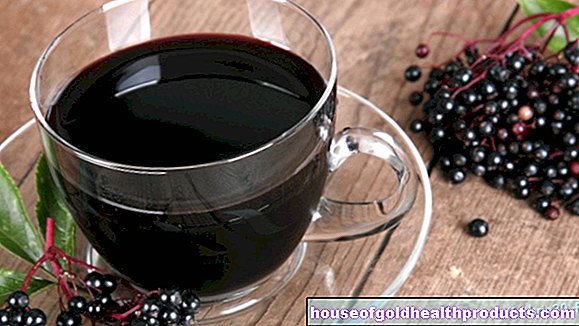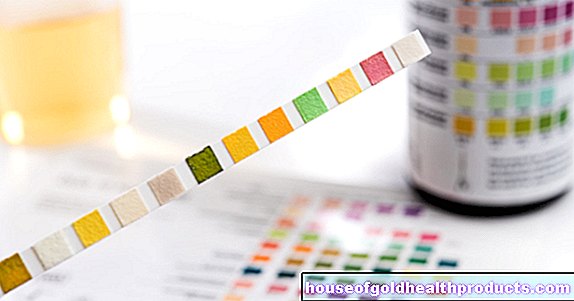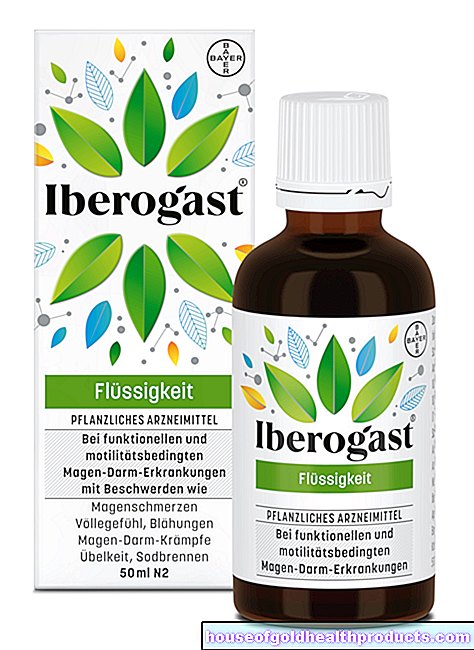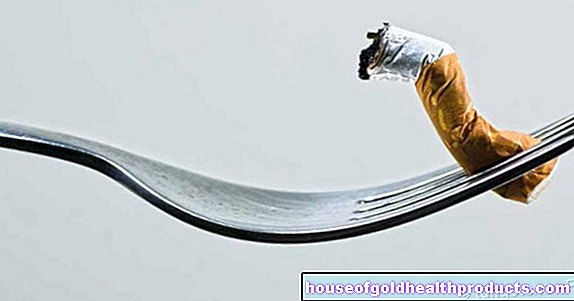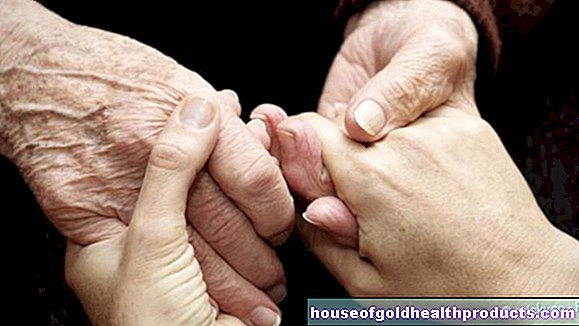Yellow fever vaccination
Mareike Müller is a freelance writer in the medical department and assistant doctor for neurosurgery in Düsseldorf. She studied human medicine in Magdeburg and gained a lot of practical medical experience during her stays abroad on four different continents.
More about the experts All content is checked by medical journalists.The yellow fever vaccination is a safe measure to prevent the disease, which can be fatal. Usually it is well tolerated. In some countries, vaccination is mandatory for entry. Travelers can get immunized in Germany in official yellow fever vaccination centers. Find out everything you need to know about yellow fever vaccination here.
ICD codes for this disease: ICD codes are internationally recognized codes for medical diagnoses. They can be found, for example, in doctor's letters or on certificates of incapacity for work. A95
Yellow fever vaccination: who should be vaccinated?
In principle, a yellow fever vaccination is particularly important for the local population in yellow fever endemic areas, since one hundred percent protection against transmission through mosquito bites can hardly be guaranteed even with great care. If around 60 to 90 percent of the population of an endemic area is vaccinated, outbreaks of the disease can be prevented.
Vaccination is also important for travelers who come to yellow fever endemic areas. In some countries there is even a vaccination requirement: You are not allowed to travel to such a country (not even transit) without a corresponding proof. The vaccination is recommended not only for countries in which it is mandatory, but for all countries with a potential risk of yellow fever infection. You can find out from your travel doctor for which countries a yellow fever vaccination is useful or compulsory.
Course of the yellow fever vaccination
The yellow fever vaccination is an active vaccination with a live vaccine. This means that weakened yellow fever viruses are injected into the body. Because the pathogens are weakened, they usually cannot trigger yellow fever. In the days after the yellow fever vaccination, the patient's immune system develops antibodies against the viruses and fights them. As a result, the body's own defense system “learns” to destroy the yellow fever virus. The so-called 17D yellow fever vaccine, which has been used effectively for over 70 years, is used.
How often do you vaccinate?
It is believed that yellow fever vaccination will keep immunity to yellow fever lifelong. A single dose of vaccine is enough. Most patients are immune as early as ten days after the yellow fever vaccination. It should therefore be carried out at least ten days before departure. Until 2016, the WHO gave time to countries where a current vaccination against yellow fever was required upon entry to recognize that a one-time documented vaccination offers lifelong protection.
Where do you vaccinate?
A special feature of the yellow fever vaccination is that it can only be carried out by special doctors. These doctors, who are mostly tropical doctors, receive certification from the World Health Organization (WHO) and are then allowed to carry out the yellow fever vaccination worldwide. It is the only vaccination that is subject to this special requirement.
Possible side effects of yellow fever vaccination
Many people fear side effects or reactions to vaccinations. Yellow fever vaccination side effects are fortunately rare and the yellow fever vaccine is considered safe and well tolerated. Nevertheless, every patient must be informed orally by a doctor about potential yellow fever vaccination side effects prior to vaccination.
In general, flu-like symptoms can occur three to four days after a yellow fever vaccination. This is because the yellow fever vaccine contains weakened but basically functional viruses.
A specific yellow fever vaccination side effect is an allergic reaction to egg white. The yellow fever vaccination is particularly rich in chicken protein and can therefore lead to severe allergic reactions in people with a chicken protein allergy.
Who shouldn't be vaccinated?
In the case of people with a chicken protein allergy, it must be clarified whether the vaccination is absolutely necessary. If necessary, the vaccination can then be carried out under special safety measures.
Since it is a live vaccination, people with a pronounced immune deficiency (e.g. due to AIDS) should only be vaccinated in exceptional cases. Because a normally functioning immune system is important to build up vaccination protection. In addition, a live vaccination can have unpredictable consequences in the event of an immune deficiency.
Women should also not be vaccinated during pregnancy and breastfeeding, as well as infants under six months of age.
What happens if it is not possible to vaccinate?
If a yellow fever vaccination cannot be carried out for medical reasons, a vaccination exemption can be entered in the international vaccination card. However, the countries with compulsory vaccination are not obliged to recognize this vaccination exemption. This means that in the worst case, when entering the destination country, there may be an obligation to re-vaccinate, quarantine or even be rejected.
Tags: travel medicine alternative medicine drugs